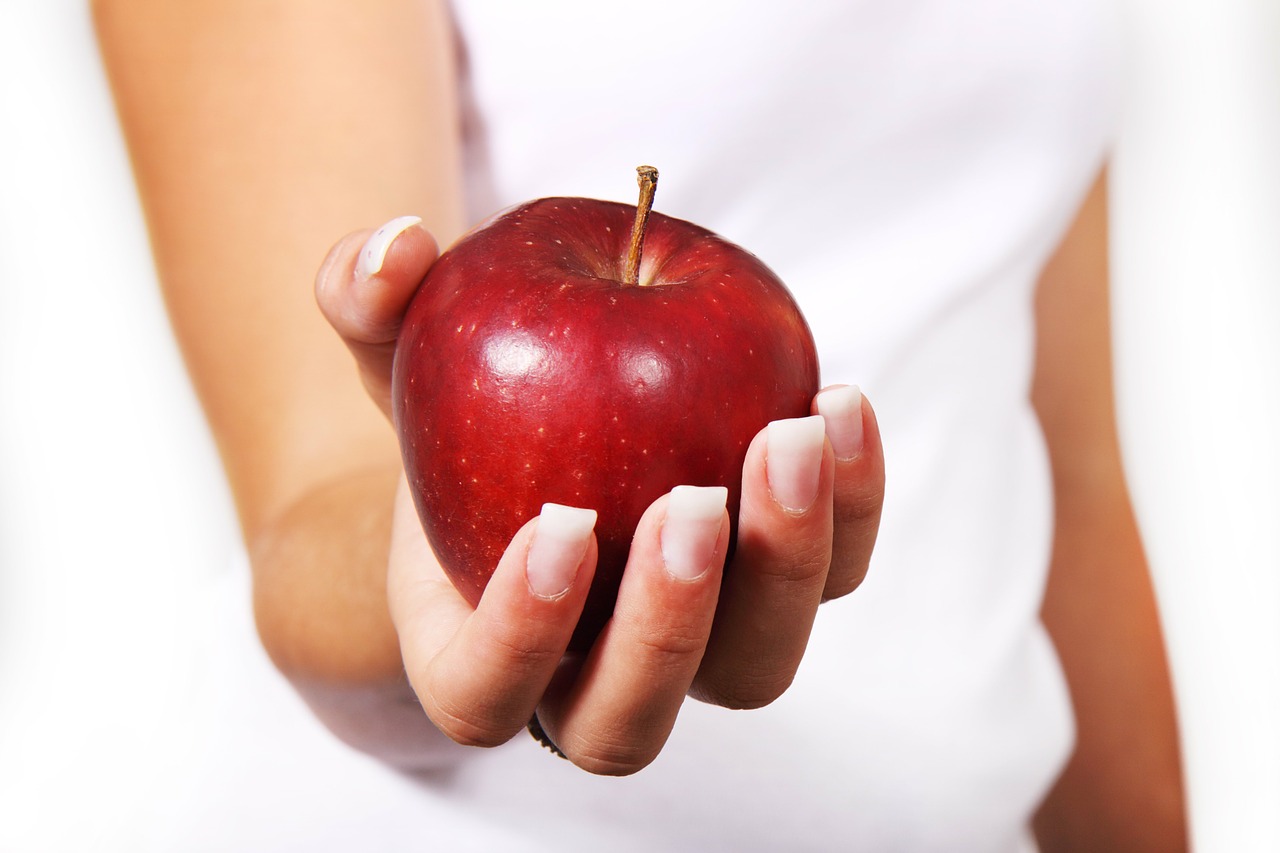
The secret to living is giving. – Tony Robbins
When what the last time you gave something unconditionally to someone? How did it make you feel? We’ve already discussed the fact that getting more stuff doesn’t make us happier. In this article we’re going to explain why unconditional giving is better than our compulsive desire to get things from people.
To download the “12-Week Happiness Challenge” including all the articles click here
Why you should stop trying to get
In today’s society, the primary focus seems to be on getting. We’re all attempting to get stuff from other people. I’m not just talking about material things here. I’m talking about how hard we try to get people’s attention, approval, love, or recognition.
The need to get things comes from our ego. It comes from the idea that we aren’t enough and need more to be complete: more recognition, more love, more respect, more money, more stuff. It comes from a place of scarcity and fear. From the idea that there isn’t enough for everybody. Because getting comes from a place of scarcity and fear, it can’t bring us lasting happiness. No external thing will ever complete us.
Was Darwin wrong?
Darwin said it was survival of the fittest, right? We must compete against each other à la The Hunger Games to survive in a merciless world. But is that the whole story? Is competition the true driving force?
If it is, then why do we feel so good when we engage in random acts of kindness? Why do we like to give money to charity? Why, as this study shows do people report feeling happier when they spend money on others rather than themselves? Why would our brain be designed in such a way to encourage unconditional giving if we were all selfish pricks competing for our survival?
Cooperation has always been crucial to our survival. Seeing the world exclusively through the lens of competition is misleading. Because people believe that they need to get more to be happier and they tend to underestimate the power of unconditional giving. They don’t realize how it can positively impact their level of happiness.
It’s as if people think that being happy necessitates other people being unhappy. Fortunately, happiness is not a limited resource. And unconditional giving is a great way to spread more happiness in the world. So, why not give more?
Are your actions fear-based or love-based?
Whenever we act, we can choose to operate from a place of fear or a place of love.
When we act out of fear, we’re trying to get something. If we’re afraid we’re not good enough, we try to get the love and approval of others. We might try to make more money so that people will admire and respect us. We buy all sorts of things because we feel incomplete and think that possessions will make us feel whole. Sometimes, we believe people will complete us: we want to get that guy or girl because, if we’re with them, we’ll finally feel complete. Or so we think. These are all examples of acting from fear and lack.
When we act from a place of love, on the other hand, our focus is on giving. We feel whole, so we can give and share instead of trying so hard to get. Giving makes us happy. We like to give money to charity, and we enjoy helping other people. We want to feel useful and know that we’re making a difference in someone else’s life. As you can see, unconditional giving is a win-win situation. It makes us happier while positively impacting the lives of other people.
Conversely, getting is a poor strategy when it comes to maximizing our happiness. It doesn’t do much to improve society, either.
Exercise – Practice unconditional giving
This week’s exercise is pretty straightforward: This week, I invite you to focus on giving. You could, for instance:
- Give something to someone
- Give money to charity
- Do some volunteer work
- Help someone without expecting anything in return
Then, see how it makes you feel. I’d love to hear what impact unconditional giving has on your happiness, so please let me know in the comments section!
If you haven’t yet, check out the other articles in the How to Be Happy Series:
- Why Am I Not Happy With My Life? (Part 1)
- How to Combat Anxiety and Eliminate Problems (Part 2)
- What’s your personal definition of happiness and success? (Part 3)
- The Psychology Behind Happiness (Part 4)
- The Recipe for Happiness: Making It a Priority (Part 5)
- The Key to Happiness is Ditching “One Day I Will” (Part 6)
- Finding Happiness by Knowing Yourself (Part 7)
- The Benefits of Unconditional Giving (Part 8)
- Why You Should Stop Being a Consumer and What You Should Do Instead (Part 9)
- Progress is Happiness (Part 10)
- 7 Tips to be Happy from the Happiest Person in The World (Part 11)
Wait! Before you leave don’t forget to SIGN UP to get your FREE copy of my ebook “The 5 Commandments of Personal Development”. It has been downloaded more than 2,000 times now 😉 